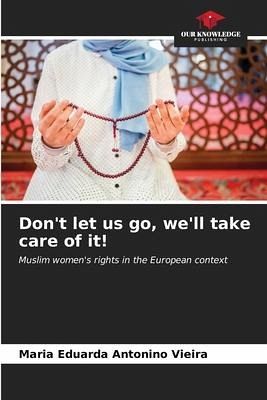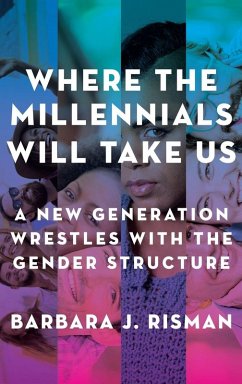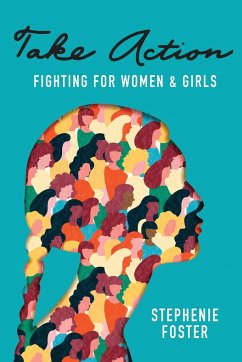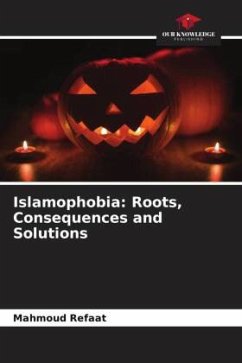
Don't let us go, we'll take care of it!
Muslim women's rights in the European context
Versandkostenfrei!
Versandfertig in 6-10 Tagen
36,99 €
inkl. MwSt.

PAYBACK Punkte
18 °P sammeln!
Muslim women are now an integral part of the European community, often placed at the centre of political, religious and gender debates because of their religious visibility. The Islamic headscarf has become an anti-Western and anti-feminist symbol. The topic of "women and Islam" continues to be routinely interpreted in Western Europe in a reductionist, prejudiced and fetishised way, with Muslim women seen as passive, submissive, inactive, highly dependent because of their clothing, polygamy and inheritance law, among other issues that are easily prejudged by the West. Muslim women end up being...
Muslim women are now an integral part of the European community, often placed at the centre of political, religious and gender debates because of their religious visibility. The Islamic headscarf has become an anti-Western and anti-feminist symbol. The topic of "women and Islam" continues to be routinely interpreted in Western Europe in a reductionist, prejudiced and fetishised way, with Muslim women seen as passive, submissive, inactive, highly dependent because of their clothing, polygamy and inheritance law, among other issues that are easily prejudged by the West. Muslim women end up being little noticed, becoming "invisible" human beings. When they are observed, they are perceived as people of no use or value to society, in contrast to the images of Western women, who are seen as educated, empowered and liberal. All of this is strongly tied to the "us" versus "them" dichotomy, which establishes predefined roles and reinforces stereotypical images of Muslim women, also resulting in the appropriation of their decision-making power.












